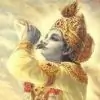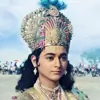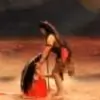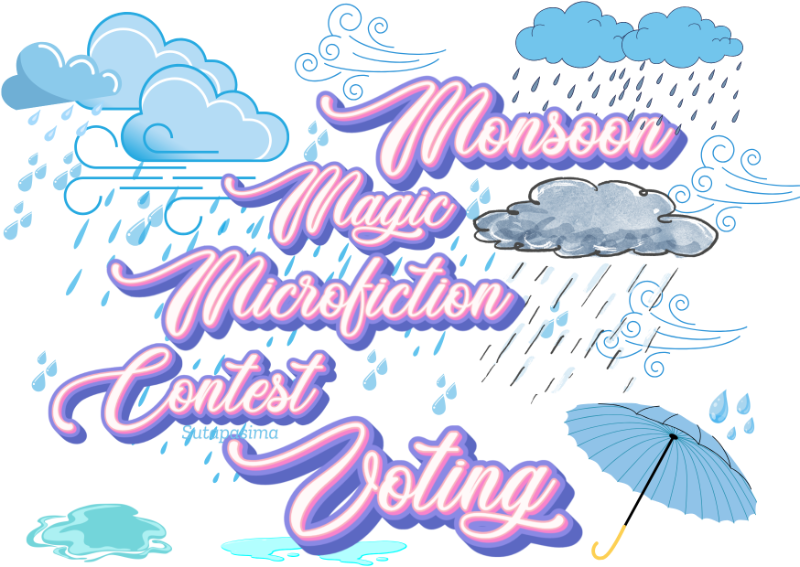1 (Oneself or Direct family)
- One's Incarnation
- The Origin (Form of God or deity) of which one is the incarnation
- Parents/children/siblings with both same parents
- Spouses
- The other incarnation of same original deity
- Rebirth (for ordinary humans other than incarnations of God)
- Ascendants upto any limit (Grandfather, Great Grandfather and so on)
- Descendants upto any limit (Grandson, Great Grandson and so on)
2 (Relatives of direct family)
- Step parents (spouse of birth father or mother)
- Uncle (Only Chacha and Mama - brother of father or brother of mother)
- Aunt (Only Bua/Fufi and Mausi - sister of father or sister of mother)
- Nephew/Niece (Only children of brother or sister)
- Half-siblings (one parent has to be common)
- Parents-in-law
- Sons-in-law & Daughters-in-law
- Devar/Jeth/Nanand/Saala/Saali/Behenoi (Jija)/Bhabhi (Brother in Laws and Sister in Laws)
3 (Relatives of indirect family)
- Cousins (Children of Chacha or Mama or Bua or Mausi)
- Step-siblings (neither parent is common, just that one's father is married to another's mother)
- Uncle (Only Fufa and Mausa - brother in law of father or brother in law of mother)
- Aunt (Only Chachi and Mami - sister in law of father or sister in law of mother)
- Nephew/Niece (Only children of brother in law or sister in law)
- Nephew's/Niece's children or descendants or ascendants (of different lineage) and spouse (Nephew or Niece of previous category not the above point)
- Jethani/Devrani
- Samdhi-Samdhan (relationship b/w the parents of both spouses in a marriage)
- Unrelated men whose wives are sisters. e.g. Shiva & Kashyap, whose wives were Sati & Aditi (Saadhubhai - Saali ka pati) and similarly Saale ke patni and similarly Nandoi (Nanand ka pati)
4 (Relatives of relatives of indirect family)- Nephew's/Niece's children or descendants or ascendants (of different lineage) and spouse (Nephew or Niece of previous category not of previous to previous)
- Lineages of the people in last two points of previous category (Jethani/Devrani/Saadhu/Nanandoi etc)
5 (Any further relations)
- Indirect cousins without any step-parents in b/w. Indirect cousins here means the relationship b/w someone's paternal cousins and that same person's maternal cousins. There are no direct relationships b/w the two.
So to play the game, here is how it's done. Take an example:
Connect Jambavati w/ Gandhari
Let's say contestant A does the following
Jambavati's husband - Krishna (1 pt)
Krishna's indirect cousin - Duryodhan (5 pts)
Duryodhan's mother - Gandhari (1 pt)
So this contestant A gathers 7 pts in defining them
Let's say another contestant B does the following
Jambavati's daughter-in-law - Lakshmanaa (2 pts)
Lakshmanaa's grandmother - Gandhari (1 pt)
So this contestant B gathers 3 pts on the same 2 characters.
As in golf, lower numbers are better, so on that basis, B wins the game and gets to ask the next question. If B decides not to ask, A gets to ask the next question and if A doesn't, it's open to the field. Similarly, if there were more contestants to the above question, the one who connected the 2 w/ the lowest number of points would win.
As noted above, b4 setting the question, the questioner has to note that the 2 characters can actually be connected, b4 going about it. Like don't ask to connect Sudama w/ Paundrak Vasudeva 😆
Essentially, connect 2 characters via familial relationships. Here, all sorts of family links are allowed, including divine links (Bhima being a son of Vayu, as well as Pandu). However, note that 2 people who have the same relationship w/ a character cannot be connected via that character. Like Pandu cannot be connected to Vayu, Adhirath cannot be connected to Kunti, and so on.
Distinguishing b/w Odd one out and String the Sequence - if a list of 4 or more names includes a _____, it's the latter, or else, it's the former. Odd one out has to have 4 or more names, while String the Sequence has to have 3 names, not including the blank. As evident from the examples above!





























